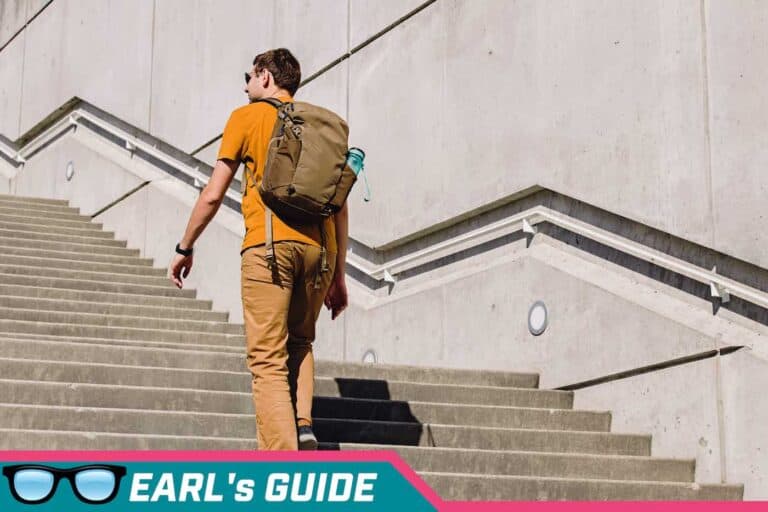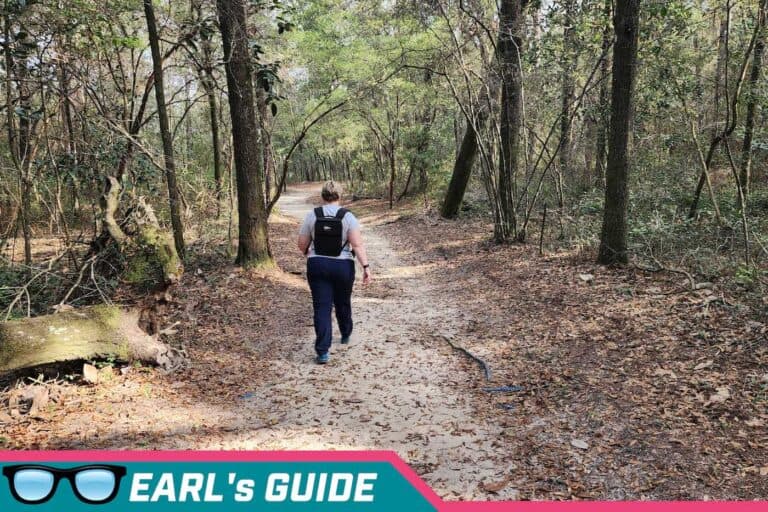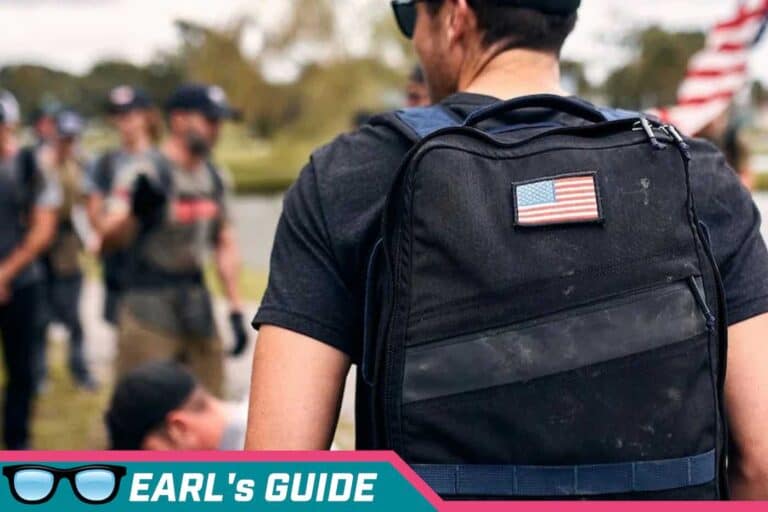Two years ago, I took a leap of faith. I abandoned the stationary lifestyle, traded in my bricks and mortar for wheels, and embarked on a journey that would reshape my life in ways I never imagined. Now, as a seasoned traveler having spent over 24 months in my trusty 38-foot Class A motorhome, I’d love to share insights from my personal journey to help you make the transition to full-time RV living.
1. The Mental Transition: Embracing a New Lifestyle
The first step is a mental one. Understand that this lifestyle, as liberating as it is, will have challenges. You’re not just switching homes; you’re switching lifestyles. But with every sunset viewed from a new horizon, you’ll realize it’s worth it.
2. Choosing the Right RV for You
Having lived in a 38-foot Class A motorhome, I’ve come to appreciate the space and amenities. Class A motorhomes offer a spacious living environment, often complete with a bedroom, bathroom, kitchen, and living area. However, what works for me might not work for you. Take the time to research and step into different RV models. Remember, it’s not just about travel; it’s your new home.
3. Downsize, But Be Thoughtful
You won’t fit a four-bedroom house into an RV. Embrace minimalism, but remember to keep what makes you happy. Those favorite books, a cherished coffee mug, or that cozy blanket? There’s space for those. It’s all about balance.
4. Finances: Budgeting for the Road
Living on the road can be cheaper than a traditional home, but unexpected costs can arise. Fuel, campsite fees, maintenance, and other expenses add up. Track your spending for a few months and create a realistic budget. Always keep an emergency fund. Remember, your home is now a vehicle, and vehicles can be unpredictable.
5. Staying Connected
One of the top concerns I had was connectivity. Invest in a good mobile hotspot and choose a cellular provider known for widespread coverage. Apps like Campendium can be beneficial as they often include user reviews about cell signal strength in various campsites.
6. Mastering the Art of Setting Up and Breaking Down
Setting up your RV can feel daunting initially, but with time, it becomes second nature. Develop a routine and maybe a checklist to ensure everything is in order every time you move.
7. Health, Fitness, and Wellness on the Road
Your health is crucial. While on the move, find ways to incorporate exercise, whether it’s hiking, biking, or even yoga by the campfire. Stock your RV kitchen with healthy foods and snacks. Just because you’re on the road doesn’t mean you can’t have balanced meals.
8. Embracing the Community
One of the best parts of full-time RV living is the community. From impromptu potluck dinners to shared sunrise viewings, the RV community is vibrant and supportive. Engage in forums, join local groups, and participate in meetups.
When I first hit the road, I never imagined the deep and meaningful connections I would form with fellow RVers. The camaraderie, shared experiences, and the collective wisdom of the RV community have truly been highlights of my journey. Let’s delve deeper into the fabric of this remarkable community.
Shared Experiences and Mutual Assistance
Whether you’re parked at a vast RV resort or a secluded boondocking site, you’re bound to encounter fellow travelers. We all face similar challenges on the road – from dealing with unexpected breakdowns to searching for the perfect campsite. This mutual understanding creates an unspoken bond. It’s not rare for a neighbor to offer a helping hand when you’re struggling to level your RV or to share a hard-earned tip about local attractions.
Impromptu Gatherings
The spontaneity of RV life lends itself to impromptu gatherings. It might start with a simple wave, progress to morning coffee chats, and before you know it, you’re grilling burgers together under the stars. These unplanned events often lead to the most memorable evenings, filled with laughter, stories, and sometimes even an acoustic guitar session by the campfire.
Forums and Online Platforms
In today’s digital age, the RV community is not just limited to physical interactions. Numerous online platforms, forums, and social media groups bring together RVers from across the globe. These platforms are treasure troves of information. Whether you’re looking for advice on RV maintenance, seeking campground recommendations, or simply wanting to share a beautiful sunset photo, there’s a digital space for it.
Local Groups and Clubs
Many areas, especially popular RV destinations, have local RV groups or clubs. These organizations often host events, excursions, or seminars catering to the interests and needs of RVers. Joining such a group can be an excellent way to meet people and immerse yourself in the local culture.
Organized Meetups and Rallies
For those looking for more structured interactions, RV rallies and organized meetups are perfect. These events, often organized by RV brands or enthusiast groups, draw hundreds, sometimes even thousands, of RVers. They are typically packed with workshops, vendor exhibitions, and social gatherings. Plus, the collective sight of so many RVs camped together is genuinely something to behold!
A Network Beyond Borders
The RV community knows no borders. Whether you’re traveling the deserts of the Southwest, the coastal roads of the East, or even exploring international terrains, you’re bound to encounter fellow RVers. The shared passion for travel and adventure creates an instant connection, transcending boundaries of nationality, language, or background.
9. Handling Mail and Important Documents
Consider setting up a mail forwarding service or having a trusted friend or family member manage your mail. For essential documents, digitize what you can and keep a small fireproof safe in your RV.
10. Preparing for All Weather Conditions
Living full-time in an RV means facing various weather conditions. Equip your RV with good insulation, always have a heating source for colder climates, and ensure your air conditioning unit is in top shape for those hotter days. Always keep an eye on weather forecasts, especially when in tornado or hurricane-prone areas.
11. Learn Basic RV Maintenance
Understand the basics of RV maintenance. From checking tire pressure to understanding your RV’s electrical system, a little knowledge can go a long way and save you from potential costly repairs.
12. Always Have a Plan B
Things don’t always go as planned. Whether it’s a campsite falling through, a sudden change in weather, or an unexpected repair, always have a backup plan.
Transitioning to full-time RV living was, without a doubt, one of the best decisions of my life. The freedom, the ever-changing scenery, and the wonderful community have enriched my life in so many ways. While challenges are part and parcel of this lifestyle, the rewards, in my opinion, far outweigh them.
If you’re considering taking the plunge, know that the road ahead is filled with adventures waiting to unfold. Embrace the journey, for it promises to be a memorable one.

Robert Earl
Robert EarlRobert has 20+ years of experience as a Real Estate Agent, Coach & Digital Marketer. Robert Earl is passionate about teaching and empowering others to pursue their dreams and create sustainable income. Whether through a career in real estate, affiliate marketing, niche blogging, or transforming campgrounds into thriving communities, his proven strategies and techniques have helped numerous individuals and businesses succeed. Based on his years of experience and knowledge in the online marketing industry, along with his hands-on management in the Real Estate & RV Park sector, he has crafted a unique and effective approach to personal and professional growth. In addition to his business pursuits, Robert is also a CrossFit Online Level 1 Trainer (CF-OL1) and enjoys fitness activities, including Rucking workouts while traveling the country. His multifaceted career showcases his dedication to growth, innovation, and the pursuit of excellence in various domains.






